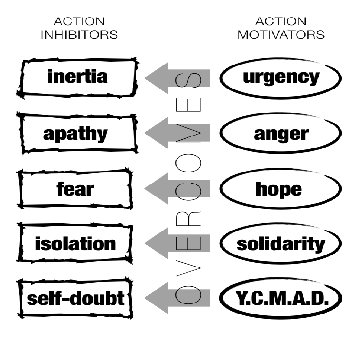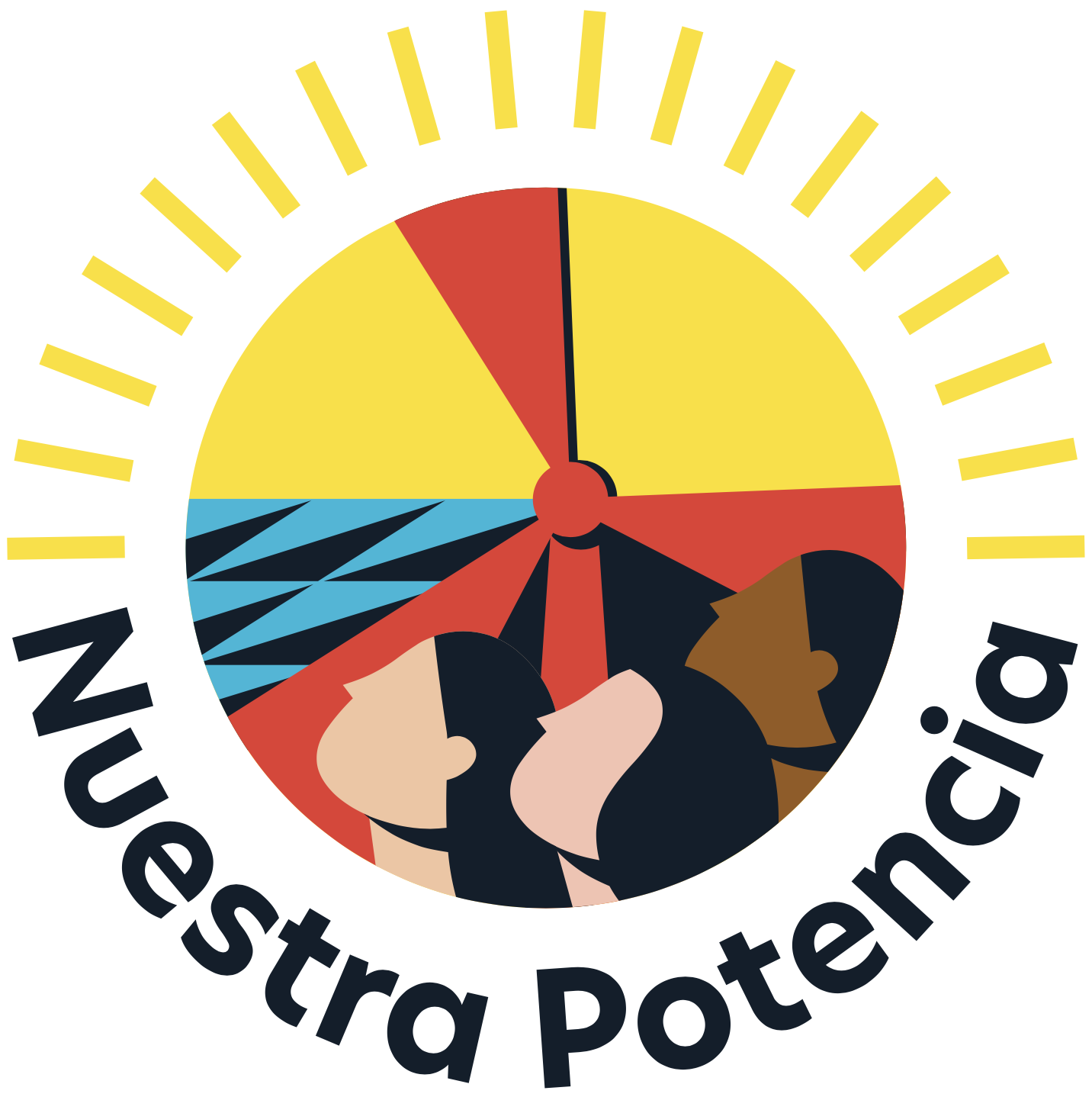Each of us has a compelling story to tell.
As you learn this skill, you will be learning to tell a story about yourself and the community you organize with. You will work to find a strong story that motivates others to join you in creating change, and you will gain practice in listening, and coaching others to tell a good story.
Outcomes from this session
- Understanding the value of stories in campaigning
- Each person in your group realizes that their own personal stories can inspire and empower others
- Finding some stories that express the shared identity of the campaign group, and the community you work in, to inspire collective action.
Preparation
- Review the suggested agenda. Adjust as needed for your group.
- Prepare your training room. You should display a simple agenda, and prepare a list of the prompt questions for the story-writing exercises, to be ready for display during small-group work. People will need paper and pens for notes.
- Try to avoid giving answers – it is more empowering to ask questions and help your group realize how much they already know!
- If needed, have a conversation with your 350.org contact
After your workshop, you can email help@350.org with feedback from your group – what worked well? How can we improve this guide?
Suggested Workshop Outline
|
~90 mins |
Activity |
|---|---|
|
10 min |
Introductions!
|
|
15 min |
Group Discussion – Why tell stories? Ask your group: What value might stories have in winning campaigns for change? What emotions hold people back from taking action? What emotions enable and motivate people to take action? After some discussion, share the ‘Emotions that Empower’ concept. Draw out similarities with people’s responses to the questions. |
|
25 min |
What is your own personal story? In pairs, review the ‘Questions to help find your story’.
|
|
15 mins |
What is your collective story? Ask people to form new groups of 3 people.
|
|
10 mins |
How will we share our stories from today? Invite people to spend some ten minutes on their own, to figure out how they will use what they’ve learned in this workshop, as part of our shared campaigning journey. Stories can be used in multiple ways. For example, people could spend 10 minutes crafting their story to become:
|
|
15 min |
Conclusion
When the work is done, finish with your group’s closing ritual! |
Concept: Emotions that Empower
We use both the “head” y el “heart” to motivate others to take action. Many leaders are good at ‘analysis’ in public speaking, or ‘presenting a good argument’. It is easy to convince people in their heads that, logically, they ought to act. However, it is emotions, felt in our hearts, are what will either inhibit, or inspire, people to act.
The image shows emotions that can block people from taking action, and the emotions that we can activate to inspire people to overcome their barriers to action.

* Note: YCMAD = ‘You can Make a Difference’
Sharing our own past experiences, through stories, allows us to communicate our values, to engage the emotions of others, and move them into action with us.
Questions to help find your story
The questions can help you identify an experience in your life that you want to share. Today, focus on one key event, place or relationship. Your story helps others understand who you are, and why they might want to work alongside you.
- When did you first learn about climate change? How did you feel?
- When did you decide to try doing something about fossil fuels?
- What moments in your life – your childhood, education, life experience – formed your values?
- When did you feel that you could do something about it?
- What gave you courage to believe that you could make a difference?
- What called you to take leadership for climate justice?
Questions to find your group’s story
Choose a group that you, and your audience, can be part of. For example: your generation, your town or nation, a social movement from the community’s past, your school community, your church, your campaign group who are together today!
You can use the story of your chosen group to build a sense of community, and generate hope that together, we can make a difference, and overcome the challenges on the way to climate justice.
- What values and experiences do we share?
- What makes us similar to each other? How are we diverse?
- What capacity, strengths or resources do we have? What are we proud of?
- What have we already chosen to do together? What have we achieved?
- Who are our shared heroes? Why do they inspire us?
- How has your community/your group overcome challenges in the past?
Links to more resources
- A longer handout on Telling Your Public story by organizer Marshall Ganz (English-only).
- More about Telling your Story by 350 (English-only).
- Descubre cómo Digital Story-telling in the Era of Climate Change with 350’s Thelma Young (English-only).
- Digital Storytelling Toolkit – use the Toolkit to plan a project to collect and share stories from your community, using social media.
- Online Skill-Up: Having Climate Change Conversations – Practice a 4-step process to convince someone to act on climate change.
